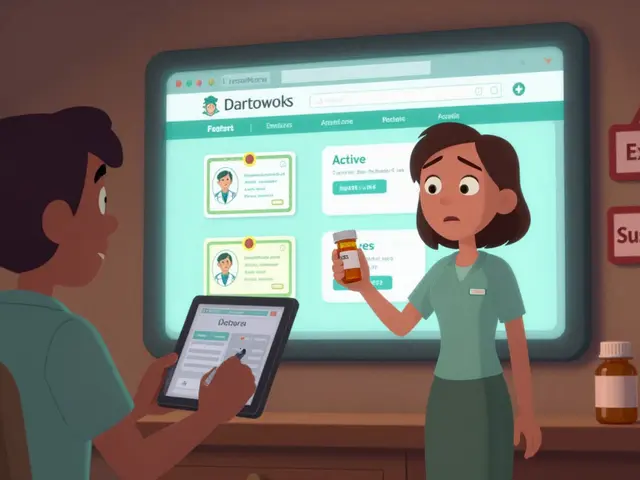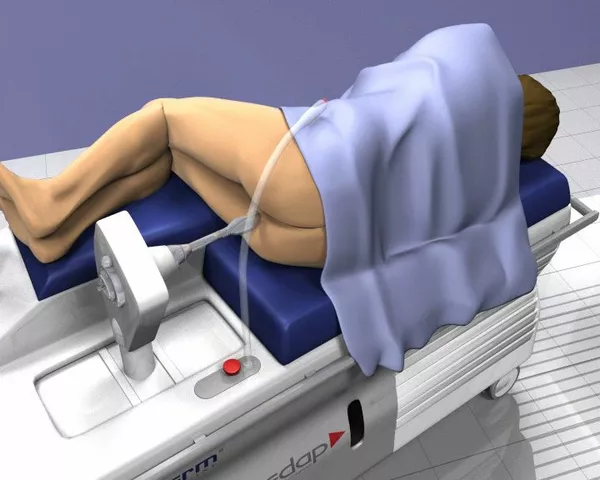Lifestyle Changes That Actually Work
If you want better health, small lifestyle changes beat big plans you never start. Pick one habit, make it simple, and keep it for two weeks. That builds real momentum.
Sleep matters. Aim for 7–8 hours and keep a consistent bedtime. Poor sleep raises appetite, clouds decision-making, and makes workouts feel harder. Try a 30-minute wind-down: dim lights, stop screens, and pick a fixed sleep time.
Move more without overhauling your schedule. Add a 20-minute walk after dinner, take stairs, or set a timer to stand every hour. If you can, do two strength sessions a week—bodyweight squats and push-ups help metabolism and posture.
Food changes don't need to be strict. Start by adding one vegetable to lunch and swapping sugary drinks for water or sparkling water. Use smaller plates, and pause for 10 seconds before seconds. These tweaks cut calories and improve blood sugar control without feeling like dieting.
Medication and doctor advice go hand in hand with lifestyle changes. If you take drugs for diabetes, blood pressure, or cholesterol, talk to your provider before changing diet or exercise. Lifestyle helps medicine work better; it doesn't replace necessary prescriptions.
Small Steps That Add Up
Choose three simple habits: sleep, move, hydrate. Write them down and attach them to something you already do. For example, do five push-ups after brushing teeth or drink a glass of water before every meal. Small wins reduce mental resistance and stack into real results over months.
Cutting habits like smoking or heavy drinking is harder. Replace the trigger—if stress makes you smoke, try a 5-minute walk or deep breathing instead. For alcohol, set a non-alcohol night twice a week. Track progress and celebrate when you hit a week or a month without giving up entirely.
Tracking and Staying Accountable
Use a simple checklist or an app to track habits for 30 days. Seeing streaks is surprisingly motivating. Share goals with a friend or join a small online group—social support keeps you honest. If you slip, skip the guilt. Fix one day and move on.
Measure what matters. Track weight if that’s the goal, but also watch energy, sleep quality, and mood. Blood pressure readings, HbA1c, or cholesterol show real health changes—ask your doctor for baseline numbers and retest after three months of steady effort.
Finally, be realistic. Big life shifts take time. Plan for setbacks—travel, holidays, stress—and build fallback rules like shorter workouts or simpler meals. Small, consistent changes beat occasional strict fixes every time.
Grocery and meal prep matter. Shop the store edge for whole foods, keep a short list, and buy one easy-to-cook protein and two vegetables each week. Chop vegetables on Sunday and freeze portions—having ready ingredients removes the excuse to order takeout.
Stress control is practical: use 5-minute breathing breaks, short walks, or a quick journal entry to reset. Over time these calm routines reduce snacking and improve sleep. If you need more help, ask a therapist or coach—small professional support can speed progress today.

The Impact of Joint Damage on Your Career and Lifestyle
Hey there, it's your go-to guy for all things health and career. In this piece, I'm diving deep into how joint damage can wreak havoc on not just your job, but your entire way of life. Did you know that a creaky knee or a stiff elbow could be the start of a domino effect, leading you down a path of unexpected changes? I'm here to share personal insights and expert advice on how to navigate the choppy waters of joint-related career and lifestyle disruptions. Get ready to explore the full impact of joint damage and what it means for your future.
Categories
- Medications (71)
- Health and Medicine (62)
- Health and Wellness (37)
- Online Pharmacy Guides (16)
- Nutrition and Supplements (9)
- Parenting and Family (3)
- Environment and Conservation (2)
- healthcare (2)
- prescription savings (1)



